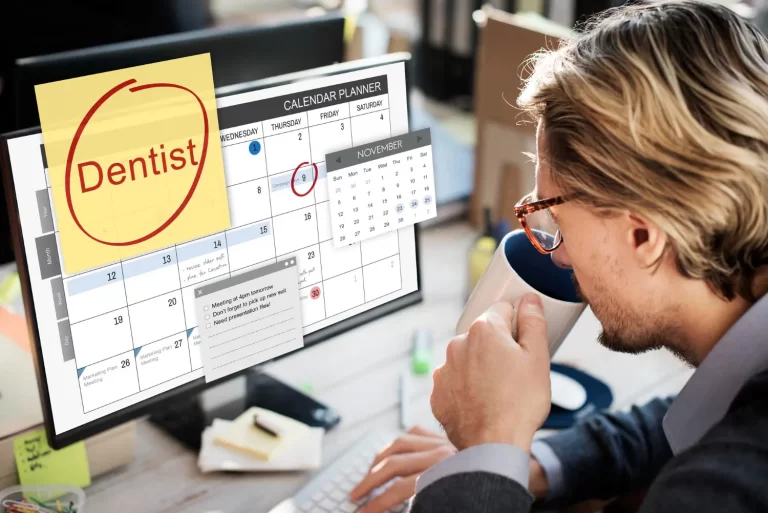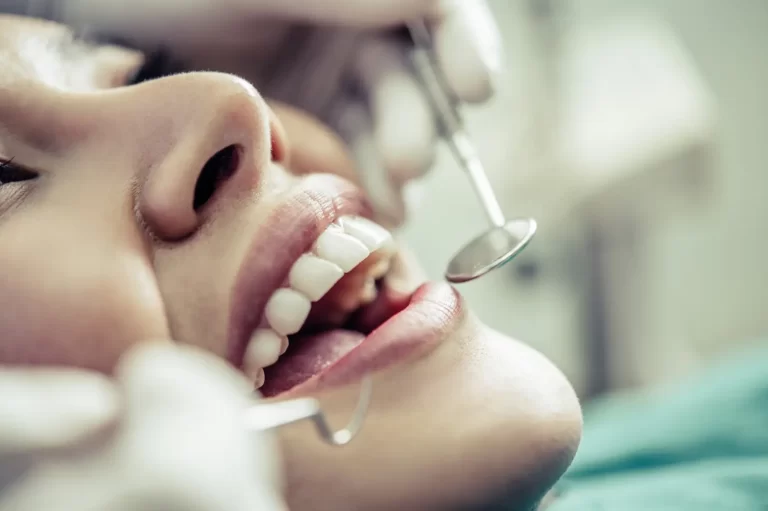Maintaining good oral health is crucial, but sometimes tooth extraction becomes necessary.
Good oral health and hygiene can help you keep your natural teeth for a lifetime, but there may come a time where your dentist will recommend a tooth extraction as your only option.
This means there is no other way to save your tooth and the only way to prevent further health issues is to completely remove the tooth.
Dental Decay and Damage
Tooth decay, when left untreated, can lead to severe damage that compromises the tooth’s structure.
In such cases, tooth extraction may be necessary to prevent further oral health complications.
Similarly, traumatic injuries or fractures that result in irreparable damage may require extraction.
Seeking prompt dental attention for decay and damage is vital to prevent the need for extraction.
Advanced Gum Disease (Periodontitis)
Periodontitis, an advanced form of gum disease, affects the gums and supporting structures of the teeth.
If left untreated, it can lead to the loosening of teeth and bone loss.
In advanced cases where the teeth have lost significant support, extraction may be the best course of action to preserve oral health and prevent the spread of infection.
Impacted Wisdom Teeth
Wisdom teeth, also known as third molars, often become impacted due to insufficient space in the mouth.
Impacted wisdom teeth can cause pain, infections, and dental misalignment.
In such cases, extraction is commonly recommended to alleviate discomfort and prevent further complications.
Orthodontic Reasons
In some orthodontic cases, tooth extraction may be necessary to create space and facilitate proper alignment.
Overcrowding of teeth can impede the effectiveness of orthodontic treatments.
By strategically extracting specific teeth, orthodontists can achieve optimal results, ensuring a healthier and more functional bite.
Conclusion
Tooth extraction becomes necessary for various reasons, including dental decay, damage, advanced gum disease, impacted wisdom teeth, and orthodontic considerations.
By understanding these reasons, you can make informed decisions about your oral health.
Remember, regular dental check-ups and prompt treatment are essential to prevent the need for extraction whenever possible.
Prioritize your oral health, and consult with a dental professional to address any concerns or issues you may have.



